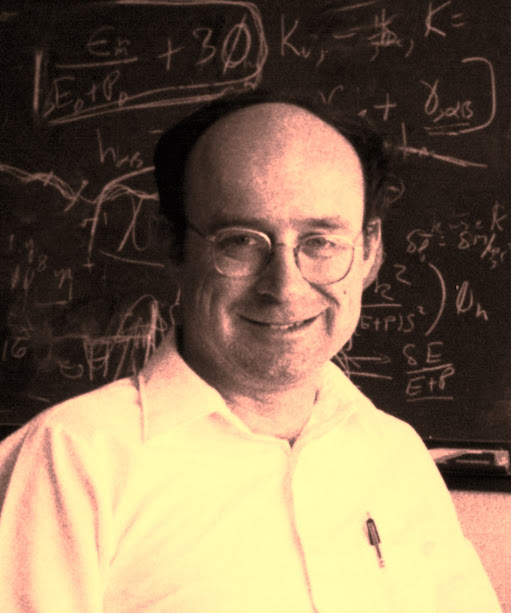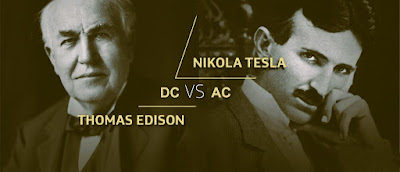M. Stanley Whittingham : Pioneer on Rechargeable Lithium Battery
M. Stanley Whittingham is a well-known scientist and researcher who has made significant contributions to the creation of lithium-ion batteries. He was born in the United Kingdom on December 22, 1941.
Whittingham's seminal work on rechargeable lithium batteries began in the 1970s, while he was employed with Exxon Research and Engineering Company. His study concentrated on developing a high-energy-density battery that could effectively store and discharge electrical energy. Whittingham's research resulted in the discovery of intercalation, a technique that allows lithium ions to be introduced and withdrawn from the atomic layers of specific materials. This breakthrough paved the way for the creation of lithium-ion batteries.
Whittingham was awarded the Nobel Prize in Chemistry in 2019 along with John B. Goodenough and Akira Yoshino in appreciation of his pioneering achievements. The Nobel Committee recognized their efforts in developing lithium-ion batteries, which have revolutionized portable electronic gadgets and are widely employed in a variety of applications, including electric cars and grid energy storage.
Professor Whittingham has made important contributions to the field of energy storage since his revolutionary study. He is a prominent professor of chemistry and materials science at the State University of New York's Binghamton University, where he continues to conduct research and train young scientists and engineers. Whittingham's work has had a significant influence on the development of clean and sustainable energy technology, establishing him as a pioneer.



Comments
Post a Comment